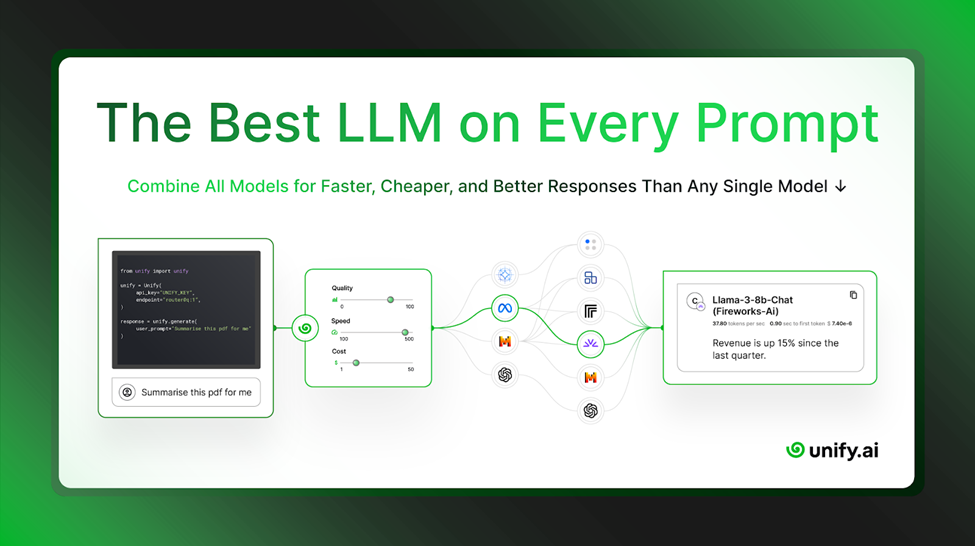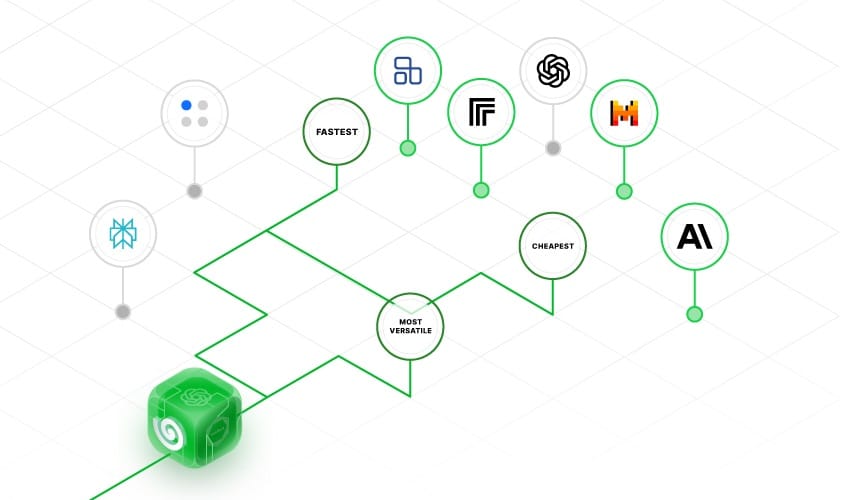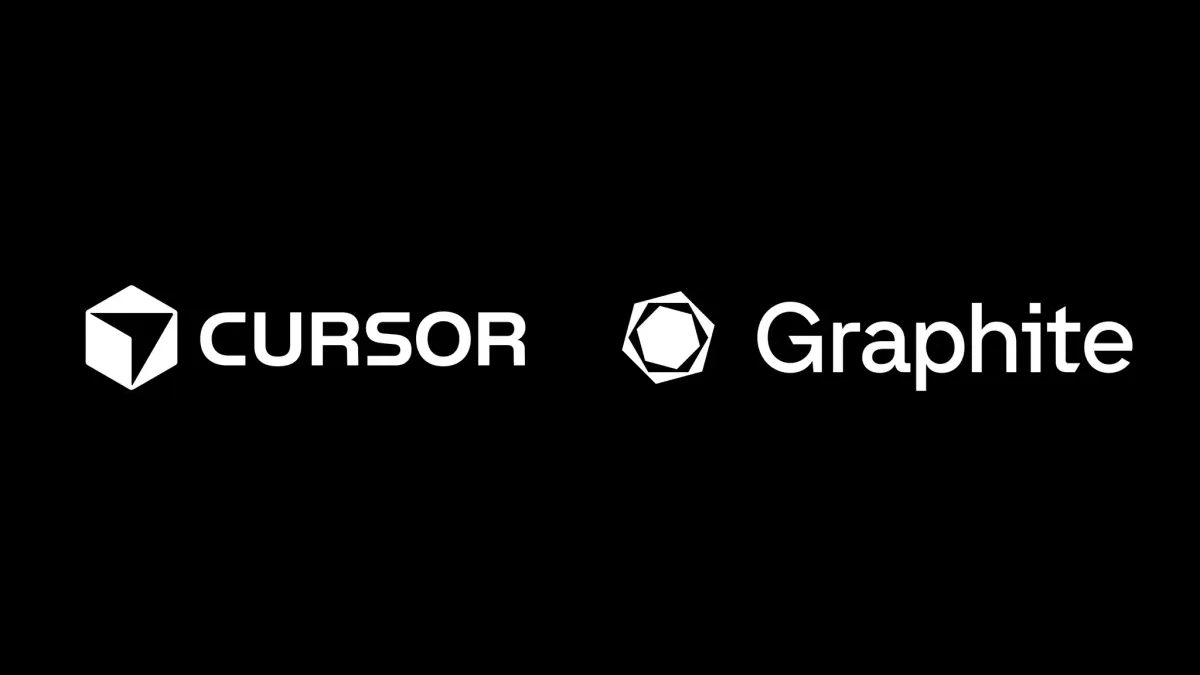On a superficial level, LLMs give the impression that they all do the same things, and thus, it is irrelevant whether one chooses one model over another, if they get the job done. Developers know this is far from the case, seeing they must go over additional considerations such as cost, speed, and accuracy when selecting the right model for a given AI application. This challenge is further complicated by the sheer amount of available endpoint providers and the fact that new models are being launched week after week.
Daniel Lenton, Unify founder and CEO, is very familiar with the fragmentation brought over first by the adoption of completely different software stacks to perform the same tasks, and now, with the introduction of the LLM layer, the fragmentation carried over by the need to find the optimal model for applications, sometimes in a prompt-by-prompt basis. He founded Unify to face these challenges. Lenton and his team have developed a consolidated interface with dynamic routing capabilities that allows users to specify their preferred specifications and find the best-suited model for the task, based on those specifications.

The company currently focuses on maximizing quality, control, and cost-effectiveness. This, however, does not mean that Unify does not have ambitious plans in store. Indeed, the core belief the company was founded on is that routing prompts across the entire LLM landscape leads to higher-quality outputs compared to committing to a single model (and provider), even for individual applications. If this belief proves to be on the right track, then Unify’s platform could become a core component to building cost-efficient, accurate, and overall high-quality AI applications.
Unify’s router is a neural network trained on Unify’s thorough dynamic benchmarking. The benchmarks the router trains on are publicly available and updated often, providing an added layer of transparency missing from many black-box AI-based applications. The training enables Unify’s router to determine the tasks that each model excels at and, as a result, it can redirect the different prompts it receives to the best candidates for the job. Constant and thorough benchmarking also enables Unify to incorporate new models into the router shortly after launch. These features ensure that Unify becomes the ideal solution for customers who would otherwise blindly experiment with different models and endpoints and cobble up a solution to keep track of what works best. Unify’s key differentiator is its capability to enable users to train customized routers on their data to obtain an additional performance boost that would be impossible to gain using a pre-trained router.
Additionally, Unify offers router-based alternatives for enterprises deploying fine-tuned models on-premises. A significant drawback of hosting fine-tuned models on-premises is that they often need to be large and consequently, deployment risks becoming too expensive and slow. Unify can ameliorate these situations with its enterprise offer, which includes a toolkit for fine-tuning a collection of smaller models to deploy locally. Then a custom router is trained to direct data between the smaller models, delivering higher-quality and more affordable results when compared to the larger models, without sacrificing privacy or the ability to deploy on-premises. Unify tracks the number of requests customers make for billing purposes. However, it never tracks their content.
Unify recently launched after raising $8 million in its first funding round from a selection of investors comprising YC, Essence VC, A Capital, SignalFire, J12, M12 (Microsoft), Race Capital, and Samsung Next. Although the company has a long way to go, Unify already boasts signups from 4,000 engineers from companies including Tesla, Twitter, Meta, and DeepMind which have yielded hundreds of regular users. Moreover, the company plans to become profitable by monetizing features such as allowing enterprises to build custom benchmarks.
Backers and users alike have shared positive experiences and words of encouragement, including Hugging Face CEO Clem Delangue, who remarked on the value of Unify’s live dashboard and publicly available up-to-date benchmarking results; and Dropbox co-founder Arash Ferdowsi, who praised Unify for being a neutral platform that puts LLMs’ and providers’ claims about speed, accuracy, and affordability to the test in an unbiased manner.






Comments